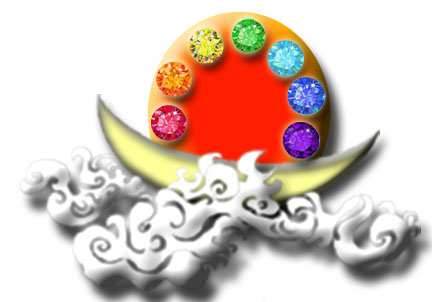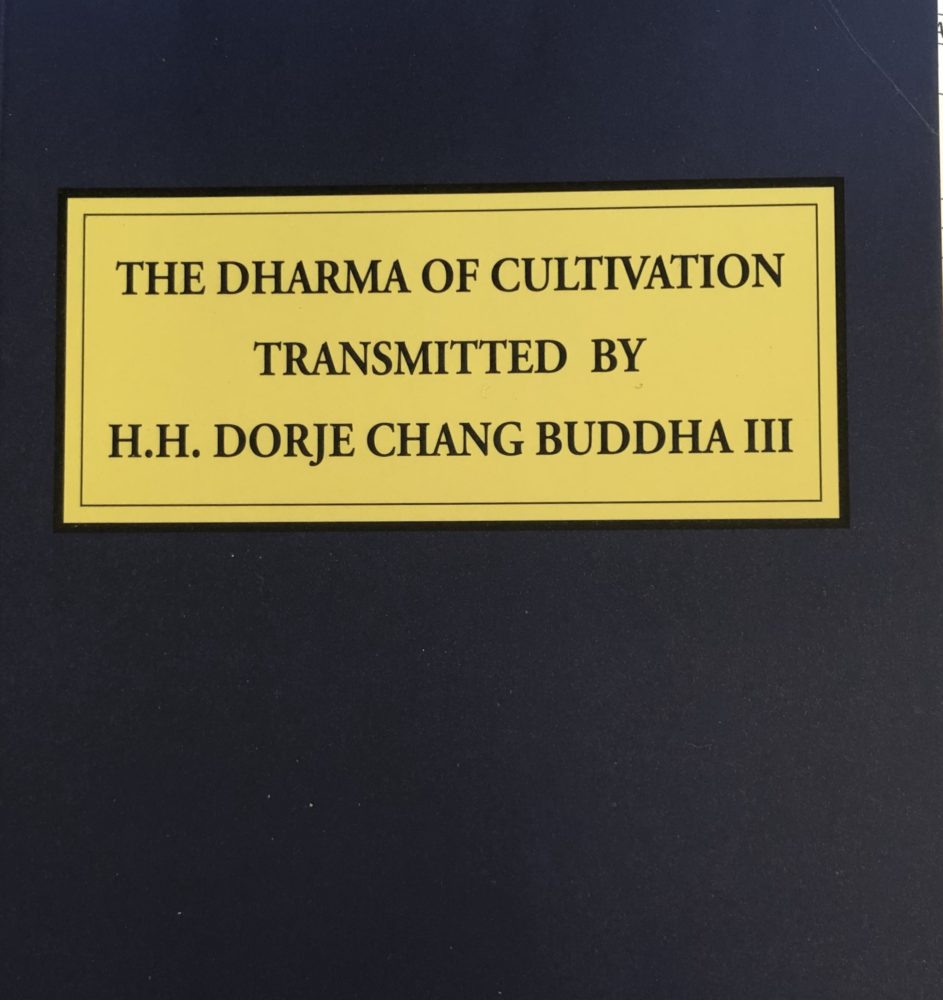At our Lemonade Sangha Open Mike last Saturday morning we discussed the Four Opponent Forces in seeking purification. We do this instead of seeking forgiveness from an external source. There was a spirited discussion as to when it is appropriate to apologize and when it was not, as well as how we could tell if an apology was sincere. Dani Tuji Rinpoche shared an article by Dr. Harriet Lerner from Psychology Today that offered the following nine rules:
- A true apology does not include the word “but” (“I’m sorry, but …”). “But” automatically cancels out an apology, and nearly always introduces a criticism or excuse.
- A true apology keeps the focus on your actions—and not on the other person’s response. For example, “I’m sorry that you felt hurt by what I said at the party last night,” is not an apology. Try instead, “I’m sorry about what I said at the party last night. It was insensitive and uncalled for.” Own your behavior and apologize for it, period.
- A true apology does not overdo. It stays focused on acknowledging the feelings of the hurt party without overshadowing them with your own pain or remorse.
- A true apology doesn’t get caught up in who’s to blame or who “started it.” Maybe you’re only 14 percent to blame and maybe the other person provoked you. It can still help to simply say, “I’m sorry for my part in this.”
- A true apology needs to be backed by corrective action. If your sister mentions she’s paid for your last few dinners together, apologize and let her know that you plan to pay for the next few.
- A true apology requires that you do your best to avoid a repeat performance. Obviously, it doesn’t help to apologize with a grand flourish and then continue the very behavior you apologized for. Passionate expressions of remorse are empty if you don’t put sincere effort into ensuring that there is no repeat performance.
- A true apology should not serve to silence another person (“I said I’m sorry at least 10 times, so why are you still bringing up the affair?”). Nor should an apology be used as a quick way out to get yourself out of a difficult conversation or dispute.
- A true apology should not be offered to make you feel better if it risks making the hurt party feel worse. Not all apologies are welcome. Making amends may be part of your healing process, but find another way to heal if the other person doesn’t want to hear from you.
- A true apology recognizes when “I’m sorry” is not enough. A serious hurt or betrayal requires repair work over time to restore trust.
Taken from Psychology Today, September 14, 2014.
CLICK for article on what the sutras say about “The Four Opponent Powers” of regret, reliance, remedy, and resolve required for purification of our faults and mistakes. The Buddha Master has also told us that most conflicts come from misunderstandings that we simply need to get to the bottom of. In Buddhism you do not seek forgiveness from an external being, you use the Dharma from the Buddhas to correct your behavior and mistakes and move on.





Add comment